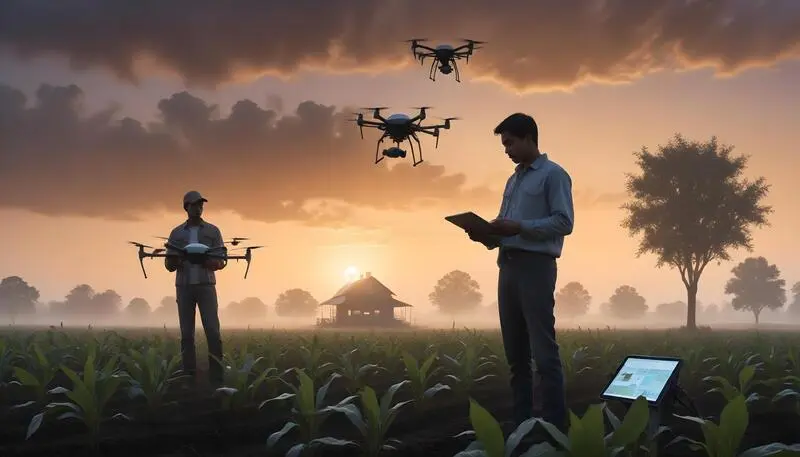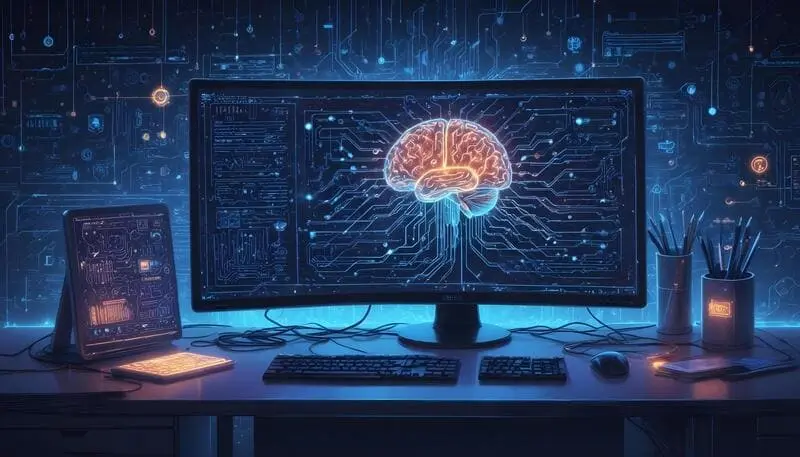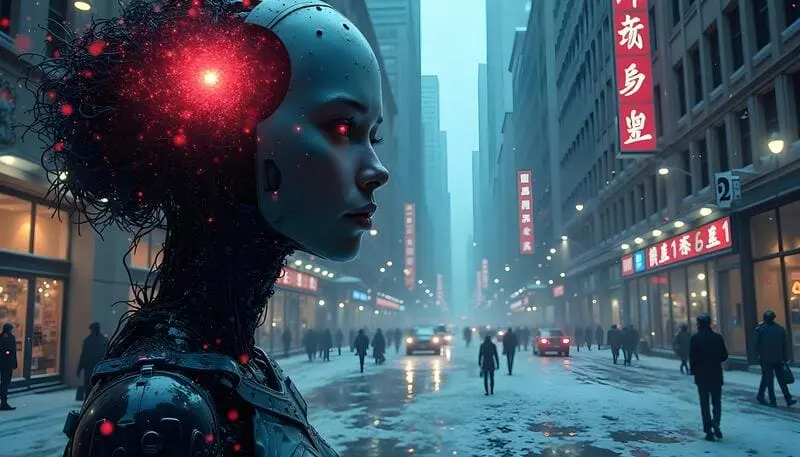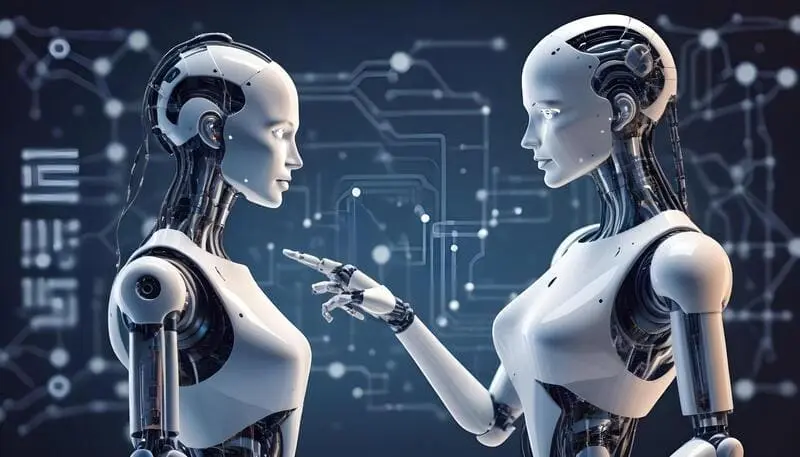Artificial Intelligence (AI) is advancing rapidly, and it’s easy to see why some people are concerned about its future impact. Movies and TV shows have given us dramatic scenarios of AI taking over the world, replacing humans, or even becoming a threat to our existence. But how close are these scenarios to reality?
In this blog, we’ll explore whether AI could actually take over the world, what the risks are, and what the future of AI is likely to look like. Let’s dive into the facts and separate reality from fiction.
1. What Does “AI Taking Over” Really Mean?
When people talk about AI “taking over,” it often refers to a few different concerns:
- AI surpassing human intelligence and becoming more capable than us.
- AI systems taking control of critical infrastructure, like energy, healthcare, or military systems.
- Machines replacing humans in all areas of work, making human jobs obsolete.
While these ideas are fascinating to explore, the reality is far more complex. Let’s break down what each concern really means.
2. AI Surpassing Human Intelligence (Superintelligence)
The idea of AI surpassing human intelligence is known as artificial superintelligence—a hypothetical point where AI becomes smarter than humans in every way, including creativity, social skills, and problem-solving.
Is this likely to happen?
Not anytime soon. While AI has become incredibly good at specific tasks (like recognizing faces or predicting trends), it’s still narrow AI—designed to perform one task well but incapable of general human-like thinking. Current AI lacks the ability to reason, feel emotions, or understand complex social situations like humans can.
We are a long way from creating general AI—a machine that can think, learn, and apply knowledge across different domains like a human. Reaching the level of superintelligence where machines could “take over” is still in the realm of speculation and sci-fi, rather than reality.
3. AI Controlling Critical Systems
While AI is increasingly being used to manage complex systems, these systems are still heavily monitored by humans. AI helps to optimize efficiency, predict issues, and automate routine tasks, but human experts are always involved in overseeing and making final decisions.
For example:
- In healthcare, AI might help doctors by diagnosing diseases, but doctors still make the final call on treatment.
- In the military, AI can help analyze data, but humans are responsible for making decisions about any actions.
The key is human oversight. AI is a tool designed to assist and enhance human capabilities, not replace human judgment entirely—especially in high-stakes scenarios.
4. Job Loss: Will AI Take All Our Jobs?
One of the most realistic concerns about AI is the possibility of job displacement. AI and automation have already begun to replace certain jobs, particularly in industries like manufacturing, retail, and customer service. For example:
- Self-checkout machines in stores are reducing the need for cashiers.
- AI-powered chatbots are taking over customer service tasks.
What’s the real impact?
While AI will likely change the job landscape, it won’t lead to mass unemployment. Historically, technological advancements have created new types of jobs even as old ones fade away. As AI takes over routine or repetitive tasks, it will open up opportunities in fields like AI development, data science, healthcare, and creative industries—areas where human skills like empathy, problem-solving, and creativity are still irreplaceable.
5. The Ethical Concerns of AI
A more subtle but important concern is the ethical impact of AI. As AI becomes more embedded in our daily lives, we need to ensure that it’s used responsibly and fairly. Key ethical issues include:
- Bias in AI systems: AI systems can unintentionally reinforce societal biases, especially if they are trained on biased data. This could lead to discrimination in areas like hiring, lending, or law enforcement.
- Privacy concerns: AI systems that collect data about our behaviors, preferences, and personal information raise concerns about how that data is used and protected.
How can we address these concerns?
Governments, tech companies, and researchers are working on developing ethical AI guidelines to ensure that AI is used in a way that benefits everyone and minimizes harm. This includes creating AI systems that are transparent, accountable, and free from harmful biases.
6. Why AI Won’t “Take Over” the World Anytime Soon
While AI is advancing rapidly, there are several reasons why it won’t be taking over the world:
- Lack of general intelligence: Current AI is specialized in narrow tasks, like recognizing images or recommending products. It doesn’t have the ability to think, reason, or understand the world like humans do. Developing AI that can truly think like a human is still a distant goal.
- Human control and oversight: Even as AI becomes more integrated into critical systems, humans are still in control. AI is a tool that helps us make better decisions, not one that makes decisions for us without oversight.
- Ethical development: AI research is being done with ethics in mind. Many organizations are focused on ensuring that AI benefits humanity as a whole, not just a few people or companies.
- The human touch: Many jobs and tasks require human qualities that AI can’t replicate—creativity, empathy, emotional intelligence, and the ability to navigate complex social interactions. These are skills that machines, no matter how advanced, can’t replicate.
Final Thoughts: Will AI Take Over the World?
The idea of AI taking over the world makes for great science fiction, but in reality, we’re far from that scenario. AI is a powerful tool that is transforming industries and changing the way we live, but it’s not a threat to human existence or control.
Instead of fearing AI, we should focus on using it responsibly—ensuring that it improves our lives, enhances our work, and helps us solve some of the world’s most pressing challenges. By maintaining human oversight, ethical guidelines, and smart policies, AI can be a force for good without ever “taking over.”
Curious about the future of AI? Reach out to us to learn more about how AI is shaping industries, and what it really means for the future of work and society.





